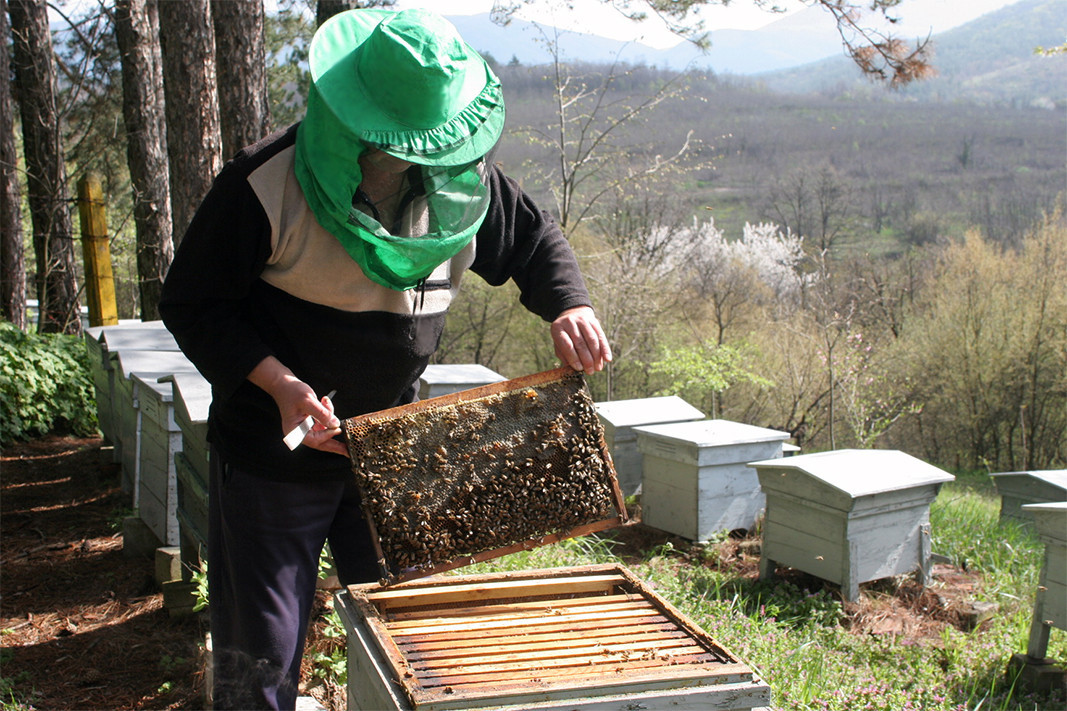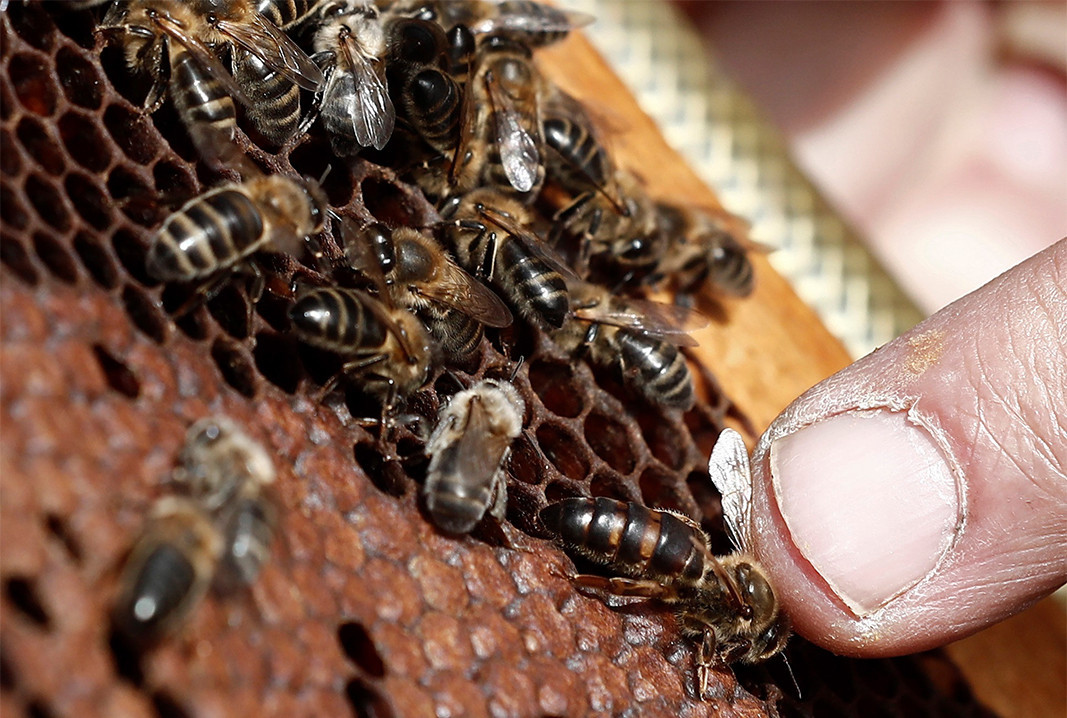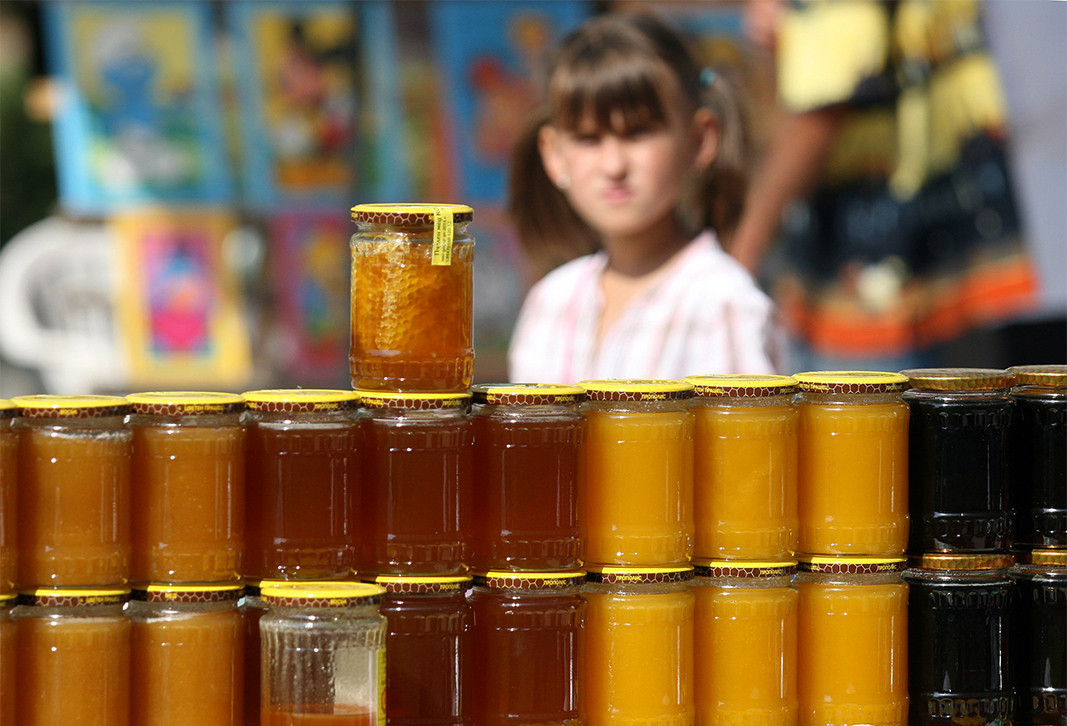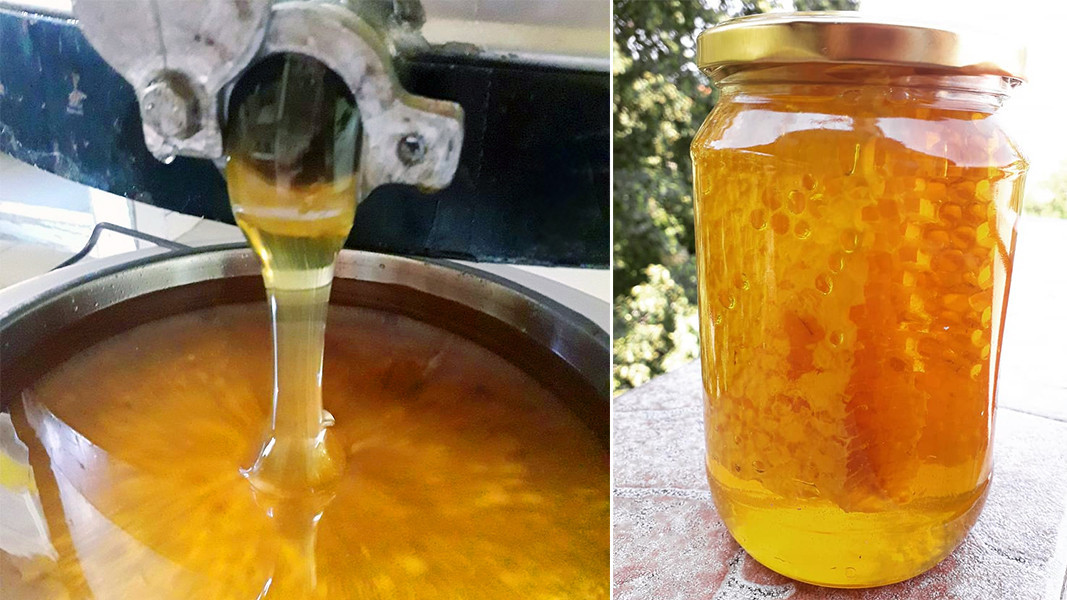Nature this year has been kinder to beekeepers, providing them with warm rainy days in April, which created favourable conditions for the flowering of rapeseed, one of the preferred honey crops for insects. The warm days in May favoured the flowering of the acacia and linden trees, which also contributed to the good harvest of the beekeepers. On the other hand, beekeepers do not expect the year to have record yields, but the larger quantities of honey will allow them to cover the increased costs of equipping and feeding hives. As for the market - there is no doubt that the price of honey will continue to rise until the end of the year.

It is well-known that beekeeping is one of the most vulnerable sectors, subject to both climate factors and the treatment of fields with artificial fertilizers and preparations. And the Bulgarian state authorities provide minimal, highly insufficient subsidies to beekeepers who rely only on the domestic market to sell their production. During the Covid-19 pandemic, beekeepers noticed a greater demand for bee products, there is some movement in the domestic market, but not to such a degree as to guarantee secure incomes.

"Honey will increase in price by up to 1 - 1.50 lv per jar”, said Rostislav Rashev - chairman of the local beekeeping society "Lipa" in an interview for BNR Stara Zagora. “The most common at the moment is polyfloral honey, which costs around BGN 10 (5 euros) per kilogram. In the region of Stara Zagora, forest honey is also produced, it is slightly more expensive, and the most expensive one offered is acacia honey, which ranges between BGN 13 -14 (EUR 6.50 -7). We continue to develop organic beekeeping because we have wonderful conditions for it in Bulgaria. Our honey sells well on foreign markets, and consumption in Bulgaria remains quite low. We are in conditions of real competition on the foreign market. We cannot compete with products from Argentina and other countries that have a fairly low price. That's why we need to pay attention to other factors - such as increasing the quality, the monoflorality of the types of honey. So far there is no wholesale market, everything is on hold and that is worrying. Ukraine is the largest producer of honey in geographical Europe and the military actions taking place there have a serious impact on the entire European market. Fortunately, honey is not a perishable commodity and we can wait".

For honey producers in the Sofia region, buying the production is not a problem thanks to the large market in the capital. However, the sharp, sometimes speculative jump in the prices of beekeeping consumables remains a problem. A big stumbling block for beekeepers is also a weakness in the Bulgarian legislation, which treats honey as an animal product, and from here on many misunderstandings follow.

"In Bulgaria, in order to sell honey in the commercial network, there are such requirements that clearly serve the interests of a certain lobby," says Yavor Kirilov, a young beekeeper from the Sofia village of Lozen. “Honey is considered a product of animal origin and the requirement is to be thermally treated before it is available in stores. This is an absurd requirement, because at a higher temperature, honey loses its beneficial properties. But this is done so that 7-8 processing companies can buy the honey at a negligible price and without any effort get the big profit. At the moment, if in Sofia I can sell honey at prices from BGN 12 to BGN 20 (EUR 6-10) per kilogram, resellers take honey from producers for about BGN 5. (€2.50), and often even at a lower price. Finally, this same honey reaches the consumer either diluted with other products or thermally spoiled, but again at a price of BGN 12-15 from the stand in the store. And behind the pure bee honey lies the hard work of beekeepers, a lot of care for the health of the bees, and finally their profit goes to the wholesalers".

For this reason beekeepers in Bulgaria are adamant that it is high time that the restrictions in the law be removed and that the markets become maximally accessible to real honey producers. The lower the fees and registrations for these people, the better beekeeping will develop in Bulgaria.
Written by
English version Rositsa Petkova
Photos: BGNES, Facebook / @honeyShire, personal archiveBulgaria’s industry is being transformed in the direction of high added value productions, reads an analysis by the Institute for Market Economics. This tendency is best manifested in computer science, electronics and optics which account for the..
Acceleration of inflation to 1.1% in October compared to the previous month was registered by the National Statistical Institute. On an annual basis, the index is 1.8 percent. In October, the prices of goods and services for..
A working group comprising representatives of employers, trade unions and government experts is discussing the proposals of the Ministry of Labor and Social Policy for introducing a new mechanism to determine the minimum wage. This is happening a day..

+359 2 9336 661
